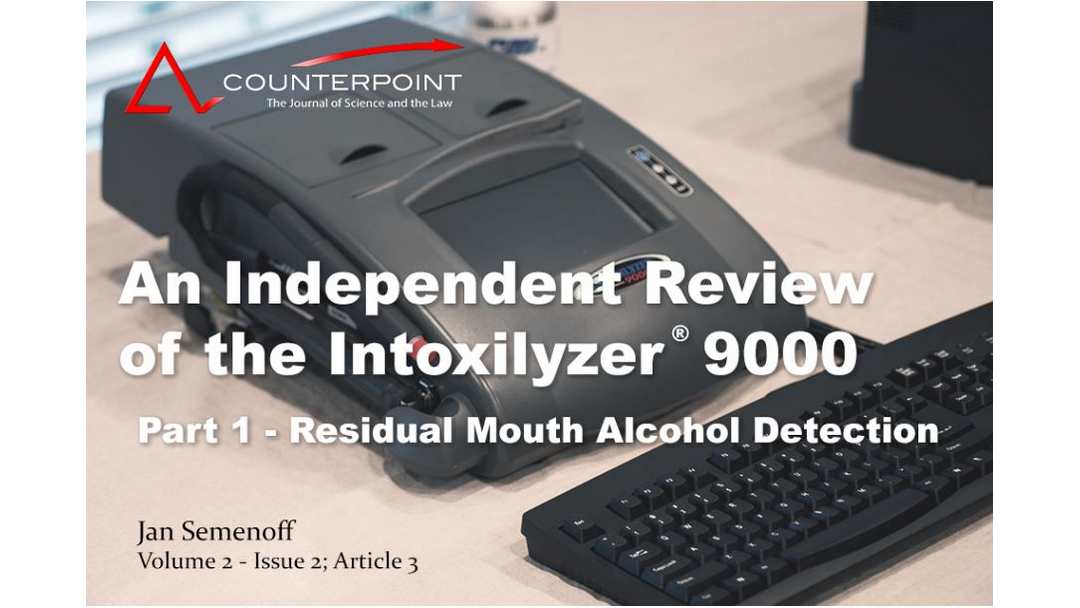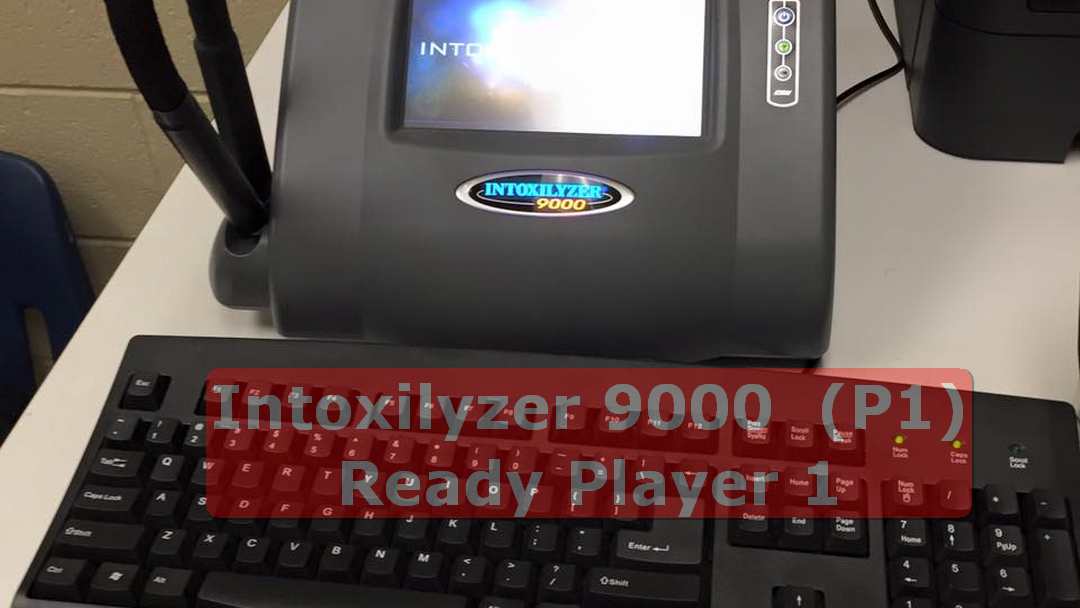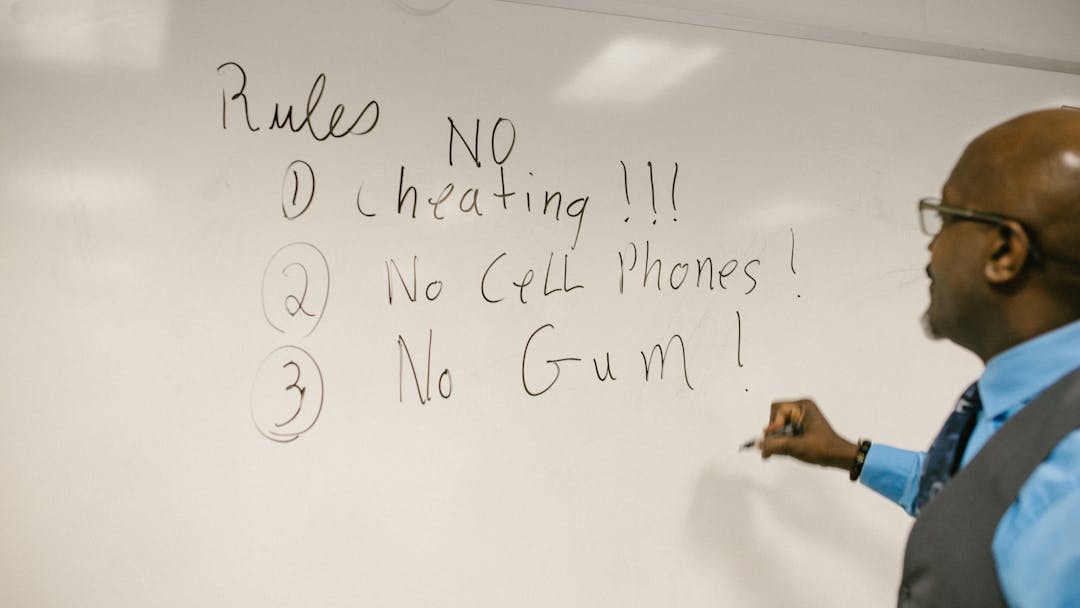Understanding the Rule of Completeness in Michigan Courts: MRE 106
In the pursuit of truth and ensuring fairness during legal proceedings, the Michigan Rules of Evidence (MRE) play a crucial role.
One particular rule, MRE 106 (Completeness), safeguards against misleading interpretations and fosters a more comprehensive understanding of presented evidence.
What is the Rule of Completeness?
MRE 106 states: “If a party introduces part of a writing or recorded statement, any other party may introduce the remainder, or so much thereof as is relevant to the portion introduced, if the remainder or portion thereof offered completes the statement or renders it more understandable.”
In simpler terms, when a portion of a written or recorded statement is presented in court, the opposing party has the right to introduce the remaining relevant parts of the statement.
This ensures that the jury or judge hears the full context and avoids being swayed by a potentially misleading snippet of evidence.
Why is the Rule of Completeness Important?
Imagine a scenario where the prosecution presents a written excerpt from a witness’s statement, highlighting a specific sentence that seemingly incriminates the defendant. Without the complete statement, the jury might be left with an incomplete picture, potentially overlooking crucial contextual details or even contradictory information that could exonerate the defendant.
MRE 106 prevents such scenarios by allowing the defense to introduce the remaining relevant parts of the statement. This ensures that:
- The jury has access to a more complete picture and can make a well-informed decision based on all relevant information.
- Misleading interpretations are minimized as the opposing party can present the full context of the statement.
- Fairness is upheld by allowing both sides to present a complete picture of their case.
It’s important to note:
- The opposing party can only introduce relevant portions of the statement, not everything. The court will determine what constitutes relevant information based on the specific case and the previously introduced portion.
- MRE 106 only applies to written or recorded statements, not oral statements.
Conclusion
MRE 106 plays a vital role in ensuring fairness and promoting a complete understanding of evidence in Michigan courts. By allowing the introduction of relevant, contextual information, the rule helps prevent misleading interpretations and fosters a more just legal process.

Related Articles
No Results Found
The page you requested could not be found. Try refining your search, or use the navigation above to locate the post.
More Posts

Cannabis cash transactions aren’t suspicious says IRS
Following The MoneyLarge cash transactions by marijuana businesses should not be automatically flagged as suspicious, as per the latest IRS guidance. The tax agency's guidance aims to provide clarity on the federal Bank Secrecy Act, which mandates businesses,...

An Independent Review of the Intoxilyzer 9000
An Independent Review of the Intoxilyzer 9000 Part 1 - Residual mouth alcohol detection Counterpoint Volume 2; Issue 2 - Article 3 (August 2017) An article in the Core Skills III-2 Module Jan Semenoff, BA, EMAForensic CriminalistThe opportunity to conduct an...

The Intoxilyzer 9000 (part 1)
The Intoxilyzer 9000 (part 1 of 2)Roll-Out The Michigan State Police (MSP) initiated Intoxilyzer 9000 (Intoxilyzer) training for police officers statewide, commencing in 2023. In order to participate, officers were required to complete both preliminary breath test...

The Intoxilyzer 9000 (part 2)
The Intoxilyzer 9000 (part 2 of 2)Using it The Intoxilyzer is user-friendly and equipped with a built-in feature to alert officers of any potential issues. As a precautionary measure, officers are specifically advised to switch off their portable radios prior to...

Our Kids are Dying of Drug Overdoses
THE KIDS AREN’T ALRIGHT, THEY’RE DYING OF DRUG OVERDOSESFrom May 2022 to May 2023, the Centers for Disease Control and Prevention reported an alarming 37 percent increase in American lives lost due to overdoses, totaling over 112,000 fatalities. This staggering surge...

How DUI Charges Impact Your Child’s Future
In Michigan driving is considered a privilege. with this privilege comes immense responsibility, especially when it comes to driving under the influence (DUI) as well as other responsibilities. The consequences of youth DUI extend far beyond the immediate legal...

Rescheduling Marijuana Would Be a Threat to Public Health
Kevin Sabet of Smart Approaches to Marijuana says policy makers need to learn from their mistakes with hemp when considering marijuana rescheduling. It’s rare for policymakers to get a preview of the consequences of pending policies, but the descheduling of...

Meet MiChap
Climate and Health Adaptation ProgramYou must save yourself from yourself.Meet MICHAPOur Vision: Michigan's public health system fosters equitable health and wellbeing as it adapts to the current and future impacts of climate change. Our Mission: The Michigan Climate...

Feds discover new methods to distinguish hemp and marijuana to assist crime labs
Federally funded researchers have uncovered two methods to divide and diversify the difference between hemp and cannabis to assist to crime labs. Because Cannabis is still a crime and Hemp is not...The Controlled Substance Act of 1970 classified the plant cannabis,...

Laws passed by Michigan lawmakers in 2023 will take effect
Several new laws passed by Michigan lawmakers in 2023 will take effect on Tuesday, Feb 13, 2023Making use of the first combined Democratic majority in the state House, Senate, and governor's seat in decades, legislators have the numbers and have successfully approved...








